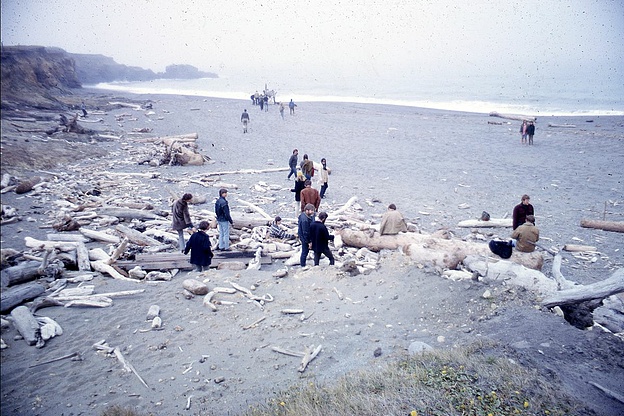Collective Practices Research Course

In the frame of Collective Agenda, Grégory Castéra curator and co-director of Council, is the programme director of the post-master course Collective Practices at KKH, Stockholm.
Collective practices exist within all societies and share a rich heritage throughout the fields of arts, politics and sciences. Nowadays, they are qualified by terms like participation, group, collectivity, ensemble, collaboration, mutualisation, community, cooperation, sharing, assembly, commons and network. Often reduced to strictly human activities, they are performed with or by non-human entities–such as pets, viruses, smartphones or artificial intelligence.
Collective Practices is an intensive one-year research course (one-year, full-time). In the course, the term collective is considered primarily as a practice: exercises, habits, protocols and attitudes realized on a regular basis. The course trains the students to “put on the glasses” of the collective and to compose together their knowledge to better understand the complexity of societal issues. To do so, students learn, teach each other and experiment with collective practices that reflect on ownership, governance, environment, technique, discrimination, attention, and knowledge, and contribute to build a more diverse and sustainable society.
The course is led by Grégory Castéra, curator and director of Council (Paris), and co-editor of The Against Nature Journal. Collective Practices is a Post-master by the Royal Institute of Art developed in collaboration with Council.
A PROJECT BY
KKH, the Royal Institute of Arts, Stockholm, in collaboration with Council
PROGRAMME DIRECTOR
Grégory Castéra
Cover and top image : Experiments in Environment Workshop: Driftwood City Score, July 4, 1966. Lawrence Halprin Collection, The Architectural Archives, University of Pennsylvania.
Collective Practices Research Course
Collective Practices I : Mutual Learning
— September 2020 / June 2021
Collective Practices II: Symbiotic Organizations
— September 2021 / June 2022